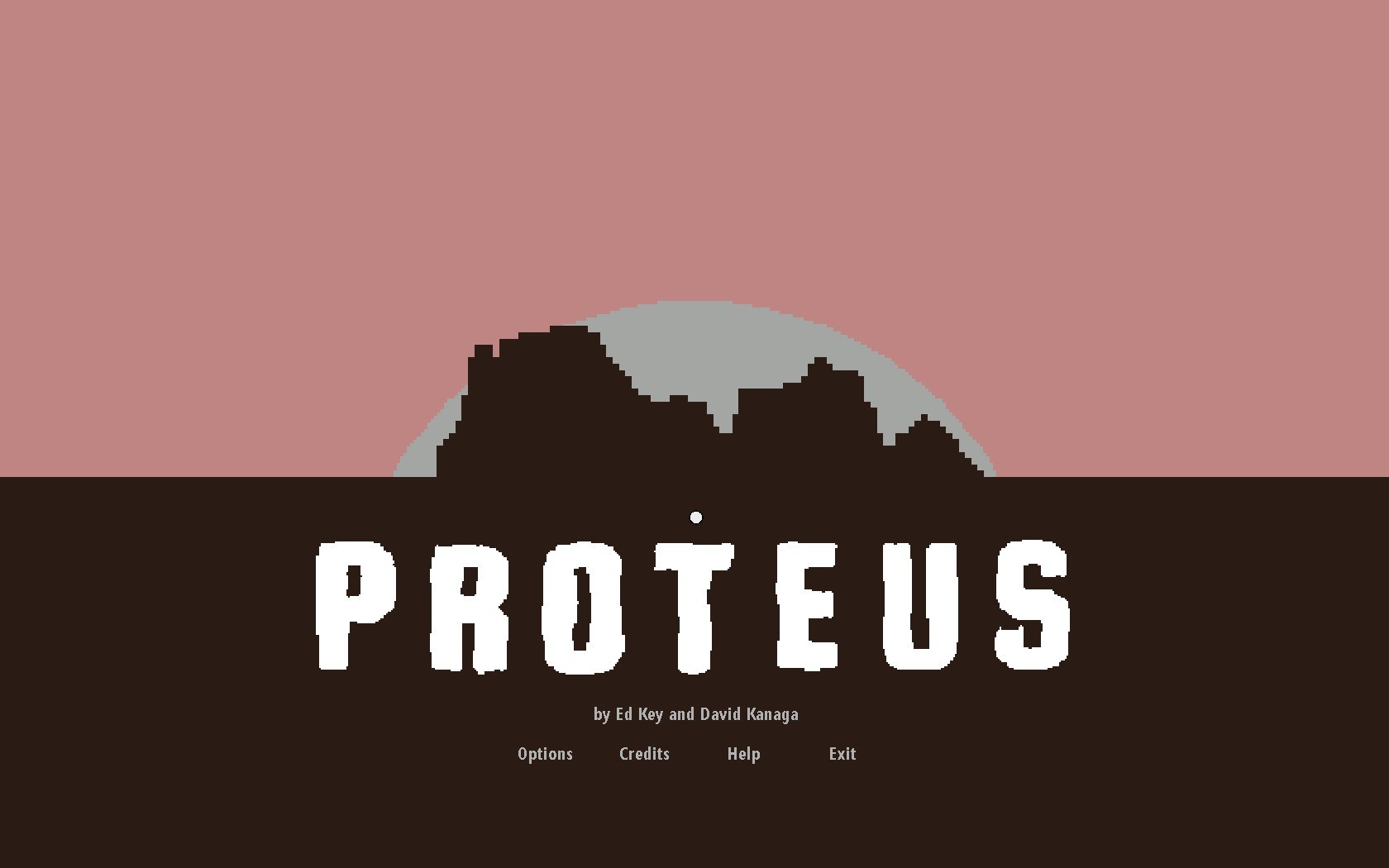“There’s nothing to do here!” This might be your reaction right after downloading Proteus. It is making headlines in the indie community after receiving awards at Indiecade and Independent Games Festival. Or you might actually find yourself staring at the stars, surrounded by the peaceful digital sounds of a multi-coloured island. Isn’t this “something to do”, after all? Proteus is an uncompromising “game”, with no clear goals, enemies, or point systems; rather, it’s pure exploration of different small islands. Stripped of every narrative aspect, Proteus focuses on graphical style and a detailed, responsive sound design. Its designers apparently paired irrelevant elements with swooshes of synths and crackling of beeps. This responsiveness shows the game’s best side, which has to be matched an aseptic control scheme. Perhaps the control system is too close to standard first person games for such a peculiar experience.
https://www.youtube.com/watch?v=rpkpuoq6y9s






Comments are closed for this article!